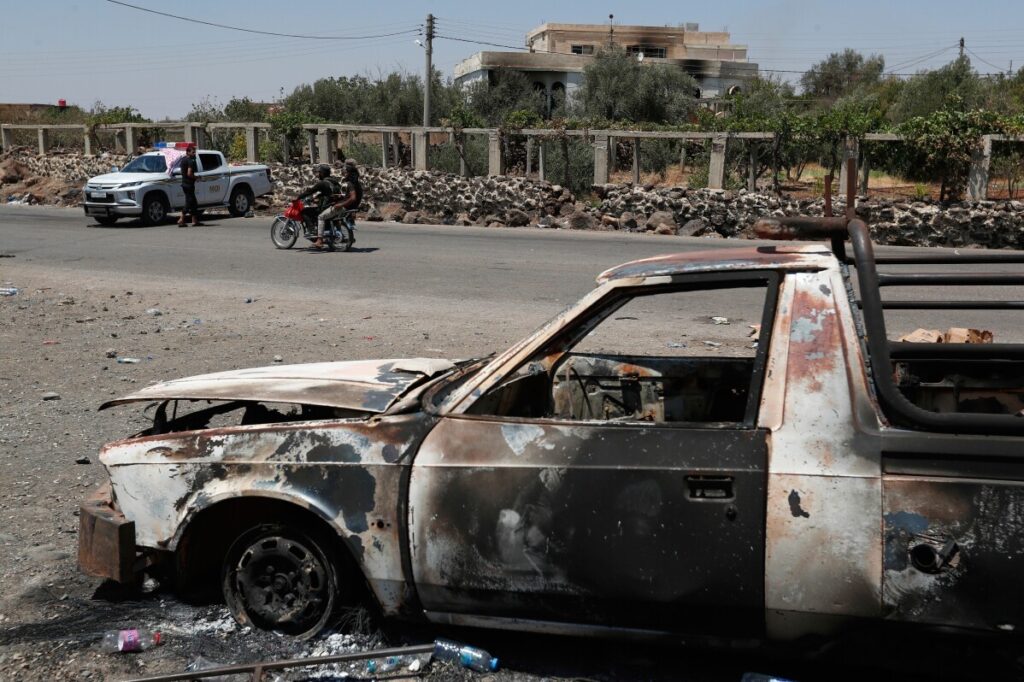Behind Syria’s $14 Billion Deals: A Dangerous Opening for Foreign Influence
Syria’s recent $14 billion investment agreements, including a $4 billion airport expansion and a new subway system, raise serious concerns about the erosion of regional stability and Washington’s failure to defend American strategic priorities.

As Damascus announces a spree of multi-billion-dollar investment deals with regional players like Qatar and the United Arab Emirates, Americans should ask: who really benefits from these agreements? For a nation still recovering from nearly a decade of brutal civil war and Western sanctions, Syria’s sudden financial embrace by foreign entities signals more than just reconstruction—it reveals dangerous geopolitical shifts that threaten U.S. interests.
Are We Watching Globalist Interests Encroach on Middle East Stability?
The Syrian government celebrated $14 billion in contracts covering projects from expanding Damascus International Airport by $4 billion to constructing a $2 billion subway system. But as foreign investors flood back into Syria after eased sanctions, their agendas extend beyond mere infrastructure development.
The airport expansion, led by Qatar-based UCC Holding, is projected to handle up to 31 million travelers annually—likely facilitating increased influence from Gulf states aligned against America’s commitment to Israel and regional allies. Meanwhile, the UAE-backed subway project promises daily use by 750,000 people, embedding Gulf economic leverage deep within Syrian society.
On top of this, Saudi investments recently topped $6 billion in efforts to rebuild Syria’s shattered economy. Coupled with agreements involving Qatari, Turkish, and even U.S.-linked companies for energy infrastructure worth billions, these deals reveal fractured American leadership allowing rival powers to shape the post-war Syrian landscape under their terms.
Why Is Washington Standing By While Our Strategic Position Weakens?
The signing event drew praise from figures like U.S. Special Envoy Tom Barrack, emphasizing regional partners’ roles in Syria’s “prosperous and peaceful future.” Yet Washington must recognize that ceding influence here risks empowering autocratic regimes hostile to American values of freedom and national sovereignty.
Instead of passive observers or cheerleaders for complicated diplomacy with Assad’s regime—under whose watch freedom has been brutally suppressed—America must demand accountability. How long will we tolerate foreign powers embedding themselves economically into Syria without safeguarding our strategic interests or supporting Syrians yearning for liberty?
This unfolding scenario underscores the failures of entrenched international policies that have allowed globalist actors to fill vacuums where America once led. For patriotic Americans committed to an “America First” doctrine prioritizing national sovereignty and security, it is imperative that we rethink our approach toward Syria before it is too late.
Washington must stop enabling these deals through reckless sanction relaxations and instead support genuine democratic movements while countering adversarial influences seeking footholds across this volatile region.
